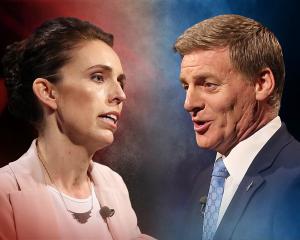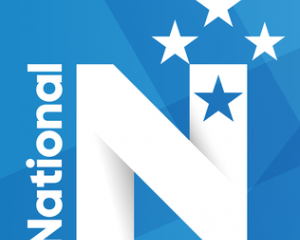Developing Whanau Ora, a ministerial committee on poverty and a new focus for Te Puni Kokiri are the centrepiece of an agreement reached yesterday between National and the Maori Party on confidence and supply.
It also allows the Maori Party to vote for legislation on a policy-by-policy basis, meaning it is free to oppose the Government's plan to partially sell state assets.
The announcement was made in Wellington yesterday and follows confidence and supply arrangements between National and its coalition partners, Act New Zealand and United Future.
The National-led coalition holds 61 seats in a 121-seat Parliament.
It does not need the Maori Party to form a government, but the agreement gives National a three-seat buffer for confidence and supply.
Prime Minister John Key said he looked forward to continuing to work constructively with the Maori Party.
The agreement means the Maori Party will support confidence and supply, but differs from the arrangements with Act and United Future in that the Maori Party is allowed to vote on a case-by-case basis.
In the Act and United Future agreements, those parties pledged support for National's post-election plan, including partial asset sales.
Maori Party co-leaders Pita Sharples and Tariana Turia will largely keep their ministerial portfolios. Dr Sharples will be minister for Maori affairs, associate corrections minister and associate education minister, the same as in the previous term.
Mrs Turia will be minister for Whanau Ora, disability issues, associate health minister and have some responsibilities for social development.
She sheds the Community and Voluntary Sector portfolio.
Dr Sharples said the Maori Party's nationwide hui had progressed well and he looked forward to the coming term.
Mr Key said he had no problem working with Te Ururoa Flavell if he replaced him as co-leader of the party during the parliamentary term, but Mrs Turia said it was "highly likely" the co-leaders would remain in Parliament for the full term.
The agreement follows a similar one in 2008 that included an agreement to keep the Maori electoral seats without the consent of the Maori people, a review of the foreshore and seabed legislation - which was subsequently replaced - and work on the Maori Party's flagship programme, Whanau Ora.











